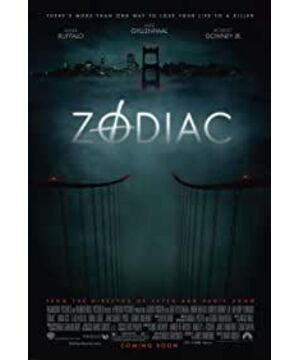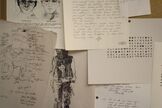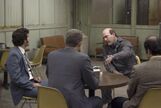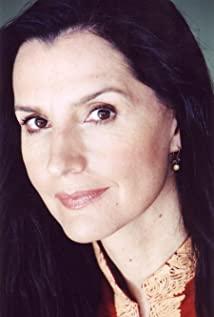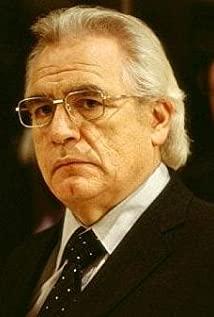The whole movie was watched in three days.
As a movie with such a theme, I thought the rhythm would be like "The Seven Deadly Sins", "Fight Club", and "The Lost Lover". But it is probably in the middle 1/3 of the film that the whole rhythm is deliberately developed. The ground slowed down. The ZODIAC matter was put on hold, and he stopped writing letters, or left any clues, which made me bored.
After I watched the entire movie, I discovered that this variation is a very clever technique.
As we all know, the timeline of a movie is not a 1:1 restoration of life. The boring part of life accounts for most of the time, and the wonderful part is only in that moment. Therefore, when we see movies that stimulate tension, they tend to compress other timelines, and try to restore the tension and stimulation 1:1 as much as possible.
But the interesting phenomenon in this "Zodiac" is that at the low point in the whole case, that is, when the media no longer pays attention to the crime team, it seems that David Fincher still wants to take this paragraph. The timeline is presented in its entirety, or "less compression".
This led to a very dramatic result: the audience was fooled. We followed the agents and felt the sense of emptiness, the sense of emptiness that was forgotten but could not be dealt with with heavy resistance. But this also implies that something the director is trying to tell the audience will reveal the mystery in the next 1/3. At the end, I think many people are at a loss. How come it ends in a hasty way? There is no suspense at all, the thrill of revealing the truth in the cool film! Yes, it seems to me that this movie is not so much about ZODIAC, a vain murderer who is unknown from beginning to end, as it is about exploring the essence of "truth". The investigators in the crime squad lost their confidence and gave up the investigation; the media had long forgotten this murderous news, and the "truth" was concealed as a meaningless symbol in countless updated headlines. The male protagonist has always been curious about the truth, or paranoid—even abandoning his family. Even when we all think he can really crack all of this, he will be crazy. He would also be annoyed to force the witnesses in the prison to say: Can you just admit it?
People don't want the truth so much, they just want the truth they think.
View more about Zodiac reviews


